As you most likely know by now, especially if you’ve been following me for a while and been reading the blog, you know I get inspirations to write based on what I see and hear; not just in the media or on the news. I also get inspired to write by the conversations I have with anyone I meet and cross paths with. That includes family, friends, and random people I meet. This particular blog post is no different. I was inspired by a conversation I had just this weekend with a friend of mine while we were catching a break from our husbands and our kids. My husband and I had been friends with her husband many moons ago, and we recently reconnected after having our kids, who are only 6 months apart, and we’ve only recently gotten to know his wife. We don’t know each other very well, nor very long, and it was the very first time she and I ever got the chance to have one-on-one time.
We initially started talking about our kids, because the one thing we knew that we had in common was that we were both mothers. Then the conversation shifted to our baby daddies and our respective lives with them, which naturally then shifted to us talking about our in-laws. We realized we had a lot more in common than we thought, and it was through her that I realized that we really didn’t know my and my husband’s friend at all.
My story of intolerable in-laws was, of course, about my father-in-law, whereas hers was about her mother-in-law, as well as her sister-in-law. The sister-in-law’s lack of respect towards her, and everyone else for that matter, had everything to do with how her mother-in-law raised her two children. My and my husband’s old friend only moved out of his parents’ house when he was 40 years old to live with his now-wife. And even when he did move in, he only brought with him a backpack of clothes because his mother told him that he should try it for a couple of weeks before making a final decision. What really tipped the icing on the cake and really shocked me was that his parents didn’t attend the wedding for the reason that their son and their new wife didn’t use their house as the wedding venue.
My and my husband’s old friend’s sister is a whole other story. She’s a 36 year old grown woman living a child’s life. And not only does she live a child’s life, she lives her life thinking she’s a spoiled little princess thinking everyone owes her the world. For instance, she had friends over at her (her parents’ house, actually), and practically ordered her brother’s wife to make a dish for her guests. Her excuse for not making herself was that she had to entertain her guests.
You could say that she acts this way because she’s just that type of person, but after getting to know my and my husband’s background through his wife, I realize that it’s all his parents’, specifically his mom’s, doing. Based on the stories, the mother seems to be the type of person that wants to be needed at all times and doesn’t want to be left alone, and therefore, she holds both her children back from living their lives. In a way, she’s treated her children as if they were disabled.
So it made me think long and hard about parenting and the different styles of parenting…
So many people in my life, especially the ones that don’t know me very well, have praised me for leading such a ‘normal’, whatever their definition of ‘normal’ is, life despite my disability and illness. It was especially true when I was younger. I was either praised by people who only had one vision of cerebral palsy, the worst case scenario where those affected by it are in a wheelchair and mentally challenged, or by those people who knew too much about it, like those who worked in the medical field or worked with people who have cerebral palsy.
As I got older, I realized that people don’t actually know me. They know the idea of me. In hindsight, I never actually share my life story on my childhood and my family with anyone. It’s not that I’m ashamed of my childhood and the backstory of my life with cerebral palsy and everything I achieved because of it and in spite of it. It’s that the story is too long, too much of a sob story, and I want, more than anything, to not think about that part of my life anymore. And because I don’t share that part of my life with anyone, people don’t realize the work that was put in for me to become the woman that I am today. I compare what people know of me to them watching the final cut of a movie without watching the Behind The Scenes segment.
What people don’t realize about my life is that I am who I am today all thanks to my parents and how they raised me to be. My parents, as well as my family, always treated me as a ‘normal’, whatever normal is, human being. They didn’t treat me as a disabled person. My parents, my mom specifically, raised me to think of myself as anything but a disabled person. They raised me to believe that I’m more than capable to achieve anything and everything I ever want to achieve in my life, and that I should never, ever think of me having cerebral palsy as an obstacle. That’s not to say that every parent of a child with cerebral palsy should raise their child to be that, and it’s not to judge any other parent who has a child with cerebral palsy. Every child is different and unique, and every parent has their own parenting styles.
My parents’ way of raising me came at a cost. Before you come at me with comments about how my parents failed me, you can stop yourself. They were and are amazing parents. They’ve given me everything I needed in my life. What I mean when I say their parenting style came at a cost is that getting out into the real world as an adult was very challenging for me. My life at home and my life in the real world were drastically different. At home, I felt just the same as everyone else. I didn’t feel that I was special. I didn’t feel that I was limited. I was treated as an equal. Then when the real world came into the picture, everything changed. I was suddenly known as ‘the disabled one. That was the case anywhere and everywhere that I wasn’t home. The minute I walked out the door, I was the ‘the disabled one’. Whether it was at elementary school, high school, college, or a workplace, I was known as ‘the disabled one’.
And yet when I was around people like me, disabled people, I wasn’t disabled enough to be part of their group. When I attended camp for people with disabilities as a teen, , I was always the one that was left out of any friendship groups because, in their eyes, I was an able-bodied person. Some of them even took the time to start drama one way or another and spread rumours about me to get me into trouble with the counsellors. They aimed to like me and be my friends for some time after our camp days were over, but over time, as we got older and I gained more and more experiences and they stayed in the same place as they were when they were teenagers, we were drifting apart; and at some point, we lost touch altogether.
When I say I gained new experiences and they stayed the same, I mean that I got out there and gained the experiences that any young woman in her late teens and early 20’s would get. I made friends. I had boyfriend (and girlfriends). I went out to different events and put myself out there. I went out clubbing. When I was with them, all we’d be doing was go to the movies, have dinner at a restaurant, and then go grab a coffee. There’s really nothing wrong with that, especially if you enjoy that. For me, however, as I began having a whole entire life outside of my old disabled friends from my teen years, this repetitiveness became boring and unworthy.
And I guess they found me unworthy as soon as I met my now-husband and they saw that I was in a serious and loving relationship despite me being disabled. They saw me have what they wanted to have, and they couldn’t deal with it. I saw one of my old disabled friends years later, when my now-husband became engaged, and there was an obvious sense of jealousy coming out of her. Her mother was and is a wonderful woman. She raised her daughter on her own, and she did the best she could. My old friend, in turn, didn’t want to grow. She wanted to have all the things that I got to have, but felt that she didn’t have the tools to get them. No one was stopping her from getting and achieving anything that she wanted. Nowadays, the only means of communication I have with her is social media, and based on what I see on there, I’m assuming that she’s still single and living with her mom in the same apartment as I saw her last.
Another friend from my old days is living on her own and has a boyfriend, and she’s in a wheelchair. Back when we were friends, I didn’t get a sense that her parents treated her as less than. She wouldn’t be allowed to go to certain places that I was allowed to go to, but that’s most likely because she was in a wheelchair and I wasn’t. I had more mobility. She also has two older brothers who were always just one phone call away from helping her. They’d drop anything they were doing to help their sister with anything she ever needed. The entire time I knew her, she wanted to have that independent life. She wanted to have a boyfriend and have love and beloved in her life. She wanted to have an education and work, and she’s doing just that. My other old friend does have an educational background too, but she lacks other things.
Hearing the story of my and my husband’s newly reconnected friend’s home life was odd to me. We knew him for years, but his wife’s story made me realize that we really knew OF him rather than him as a person. Personally, if I knew back then what I know now, I wouldn’t have ever even thought to get close with him. There are people in this world who are disabled who strive to live as normal lives as possible without having their disabilities limit them. I’m one of those people. My old friends are some of those people. I guess our friendship ended because back when I started living a ‘normal’ life, they still felt stuck in their old ways and it was hard for them to see me thrive so soon. And then there are people like the newly reconnected friend and his sister who are stuck and living the ‘disabled life’.
Our latest guest writer wrote an entire blog post on her life as a caregiver to her 7 year old daughter who has cerebral palsy. Though I have cerebral palsy just like her daughter, I never saw my parents as my caregivers, and I don’t think they did either. They were just two people who had a child with cerebral palsy, and they did what they had to do to make sure I live the best life possible without allowing my disability to ever define me or limit me. Whereas my newly reconnected friend and his sister are able-bodied, but have a parent who limited them their entire lives, even as adults, because she’s too afraid to let go and don’t believe they’ll achieve anything without them. The parent wants to be a caregiver for the rest of their lives and therefore, limits their children and aims to control the narrative. In reality, though, our parents aren’t the ones who limit us. On the contrary, we are the ones who are limiting ourselves. Whether our parents limits us or not, we can always stand up to ourselves as we want to aim higher than what our parents want us and don’t want us to be. I’m just so glad and so thankful for the life I get to live in spite of, and in some way or another, because of my disability.
Sign up to our newsletter if you want to see more content from The Graceful Boon! By signing up to our newsletter, you'll get an even more in-depth content from yours truly, Stacie Kiselman, who's our Graceful Boon, that you won't want to miss out on.

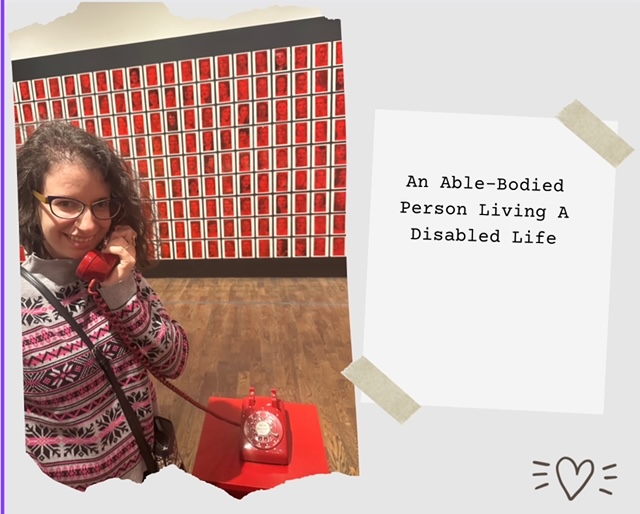

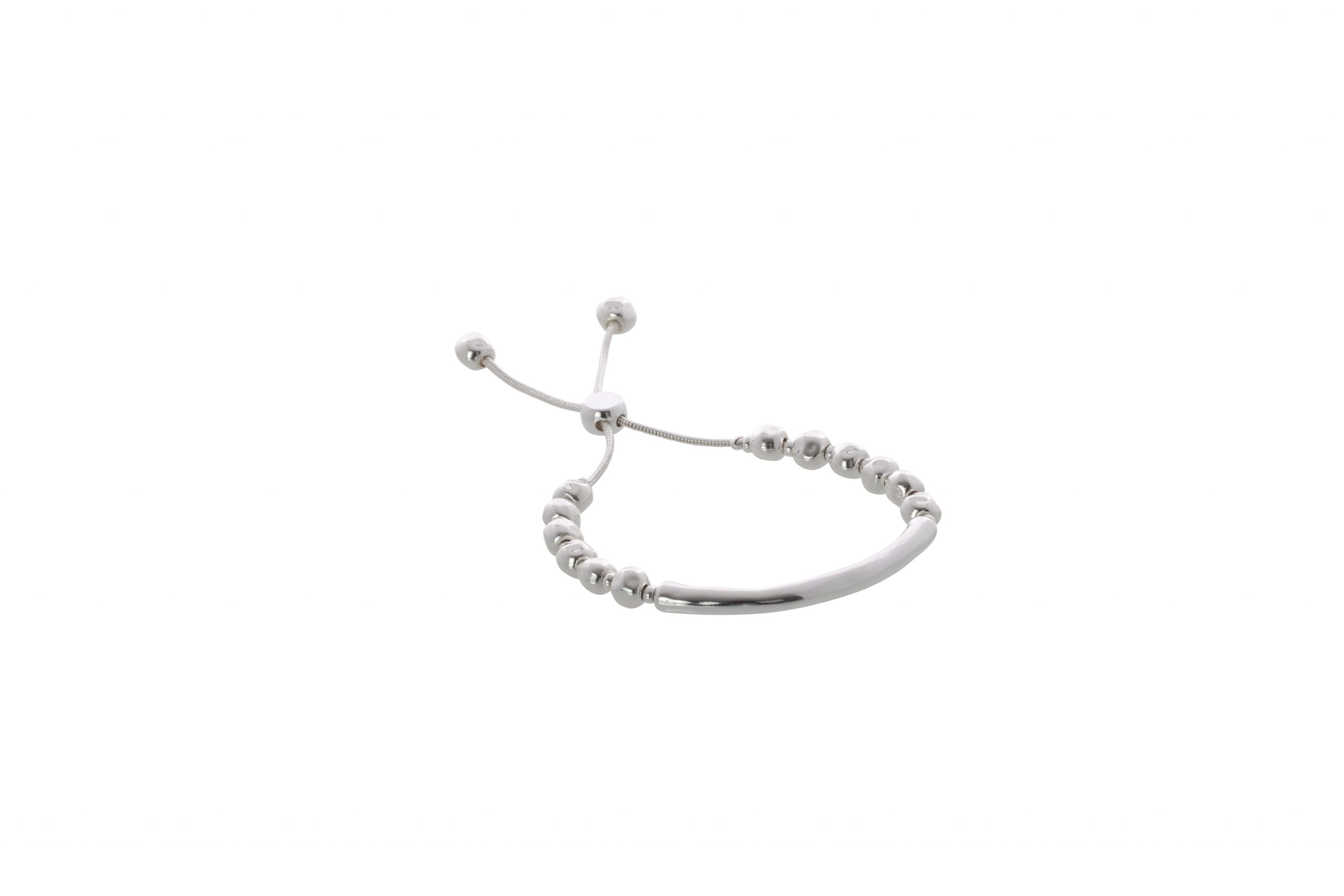
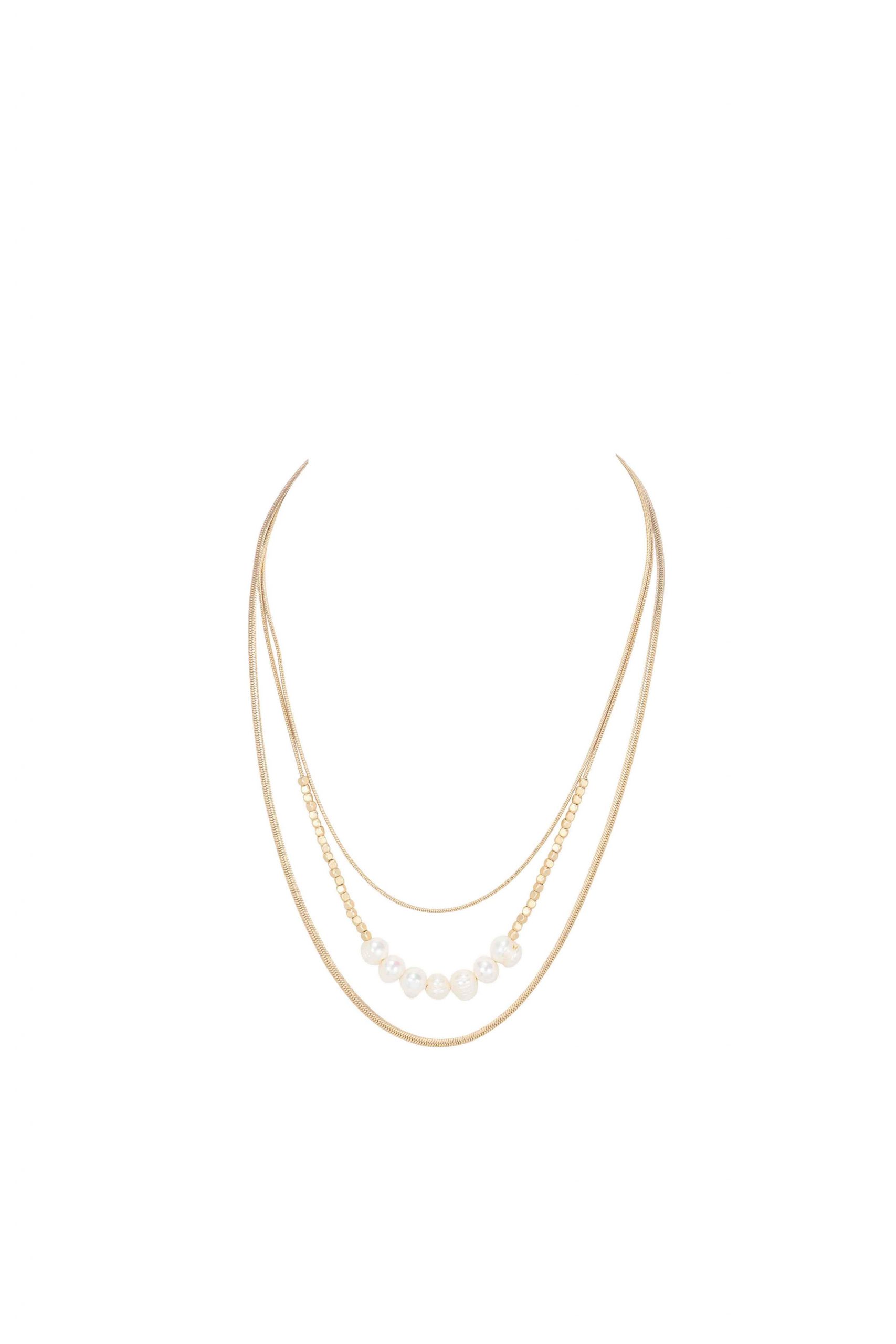
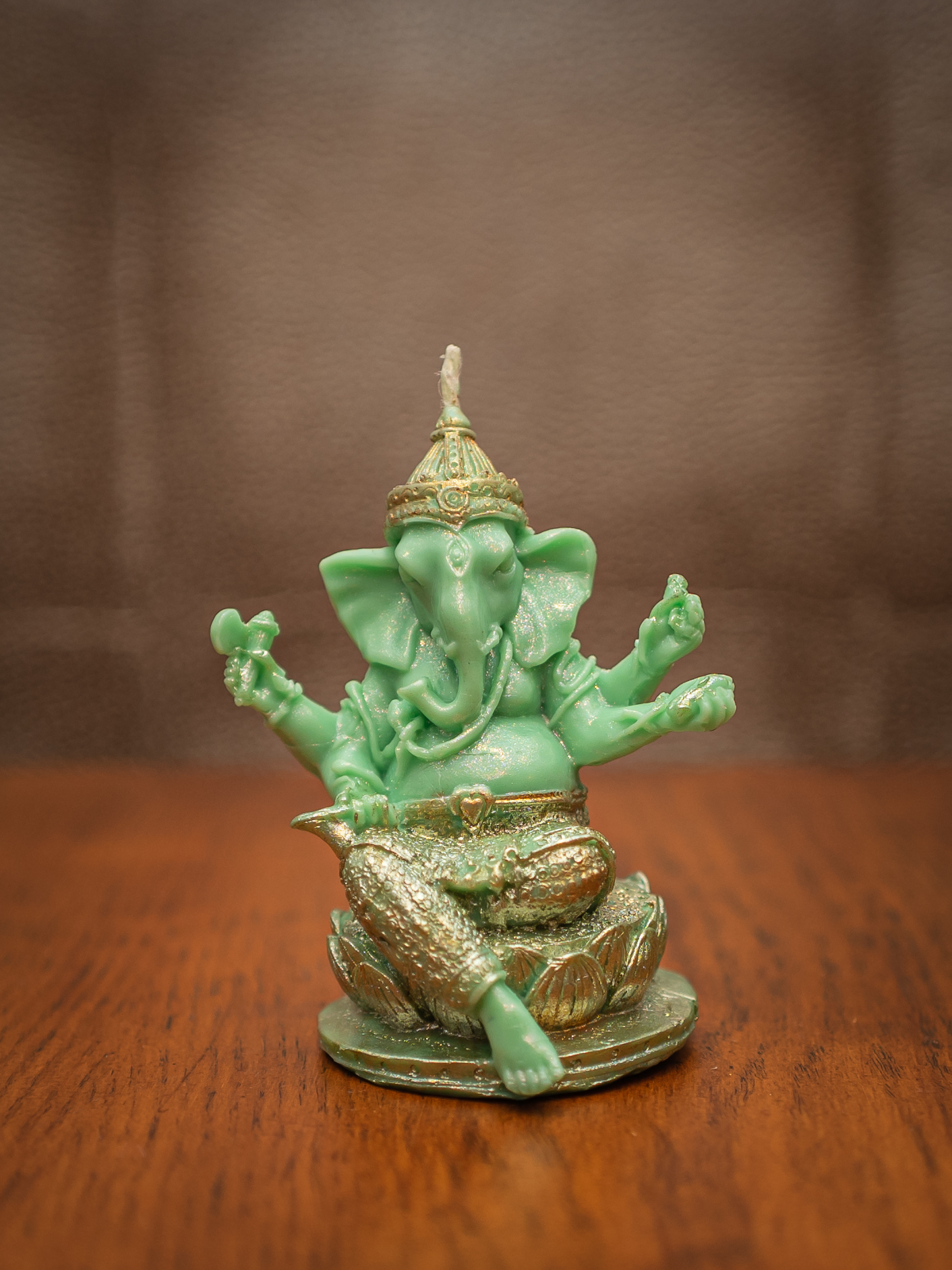
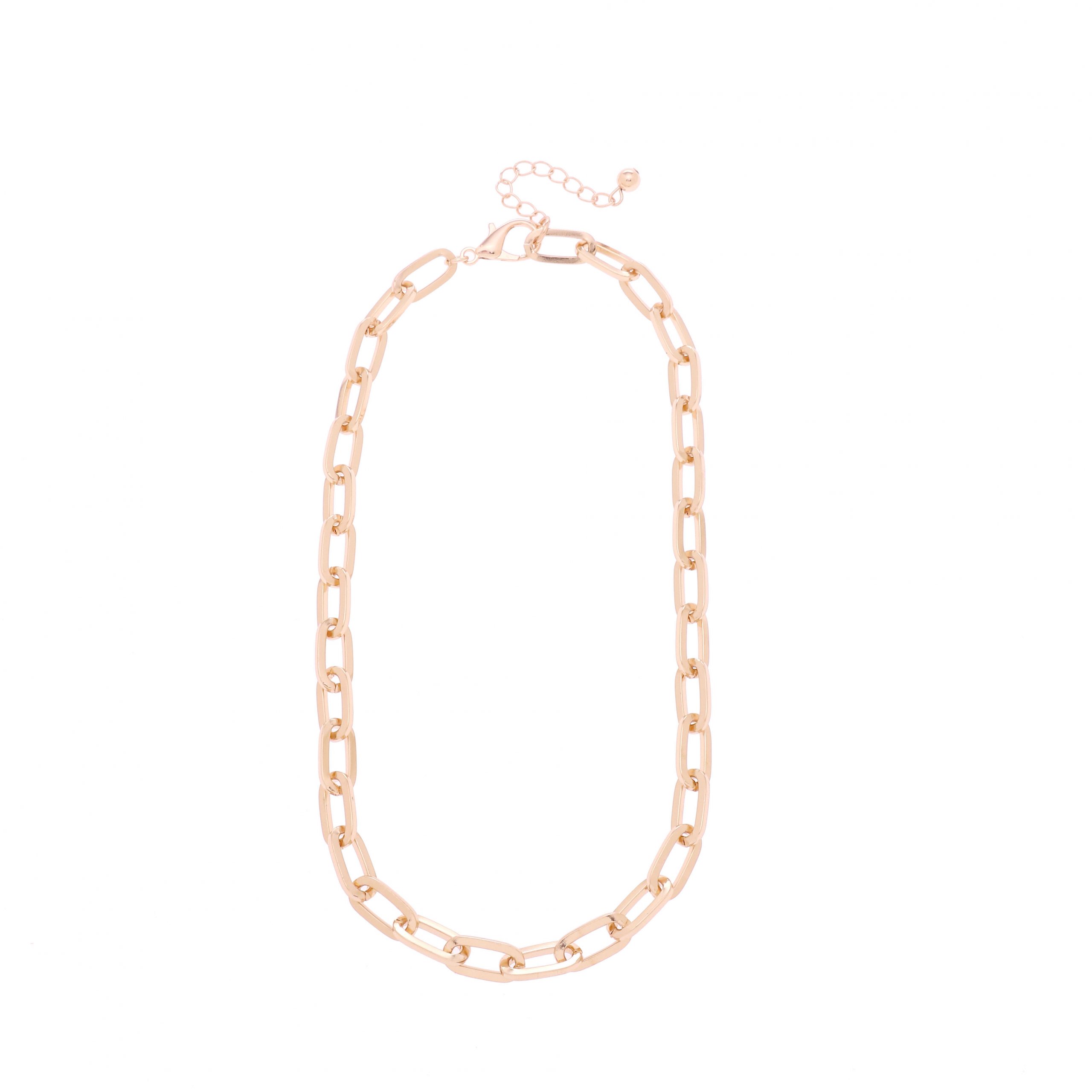
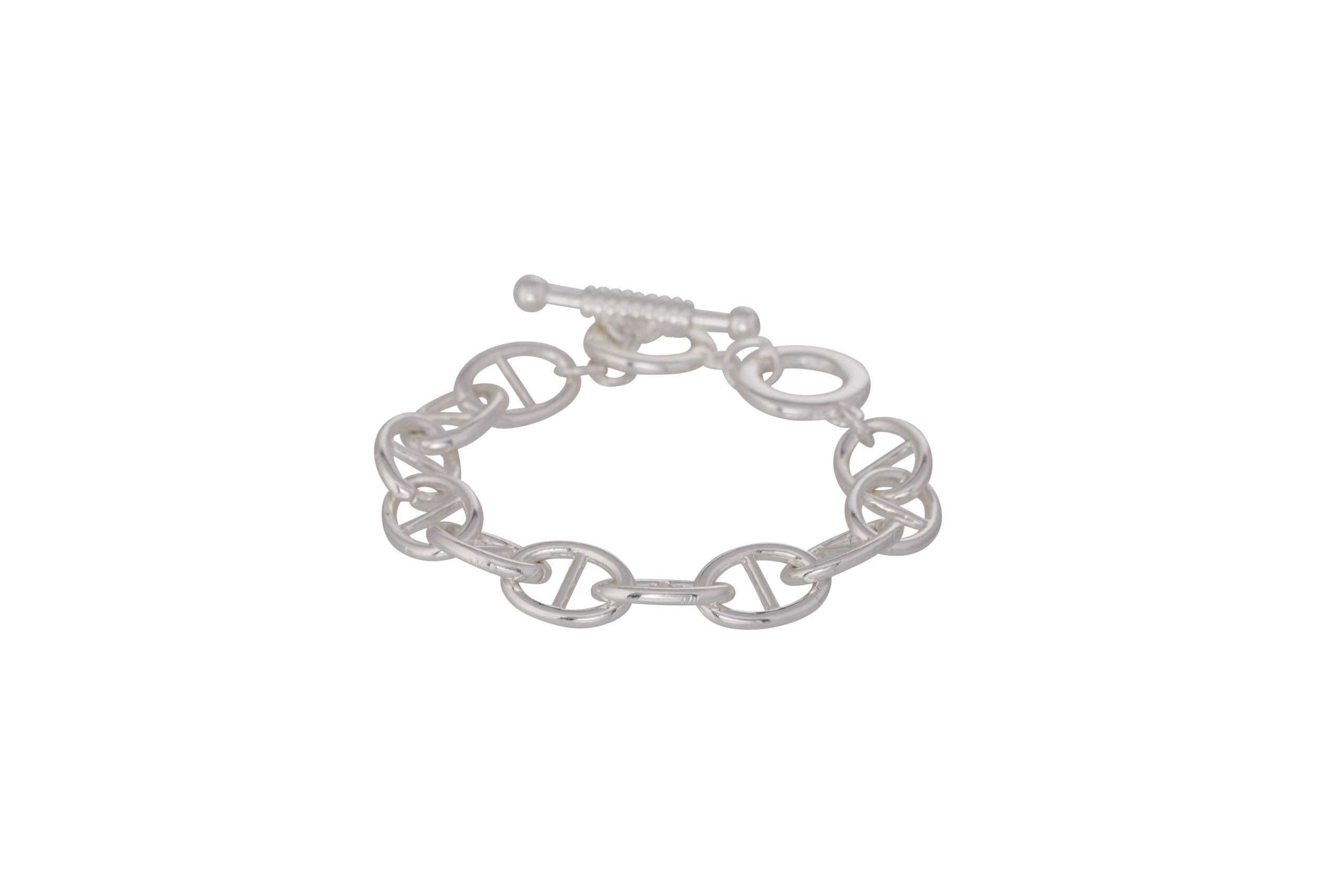
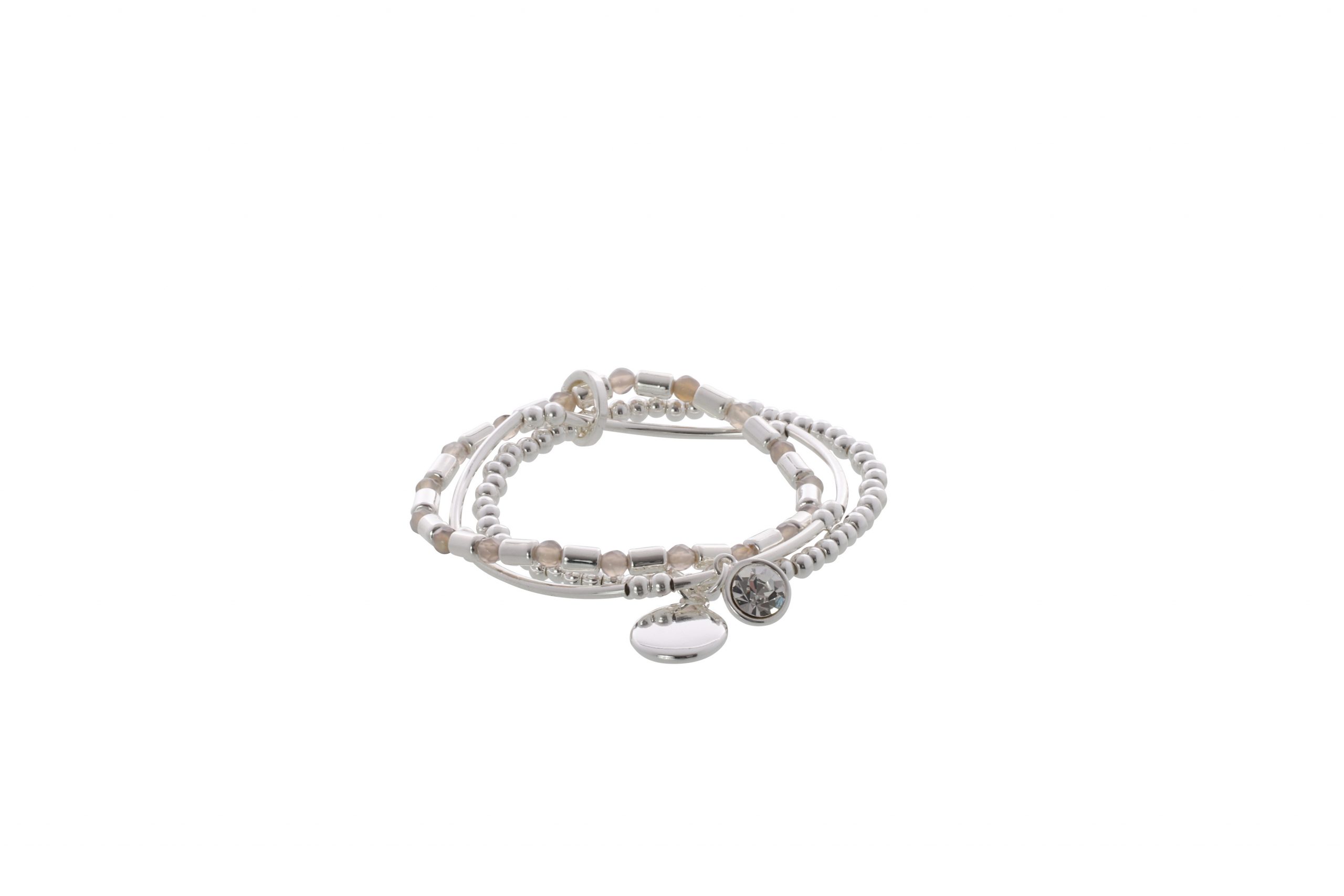
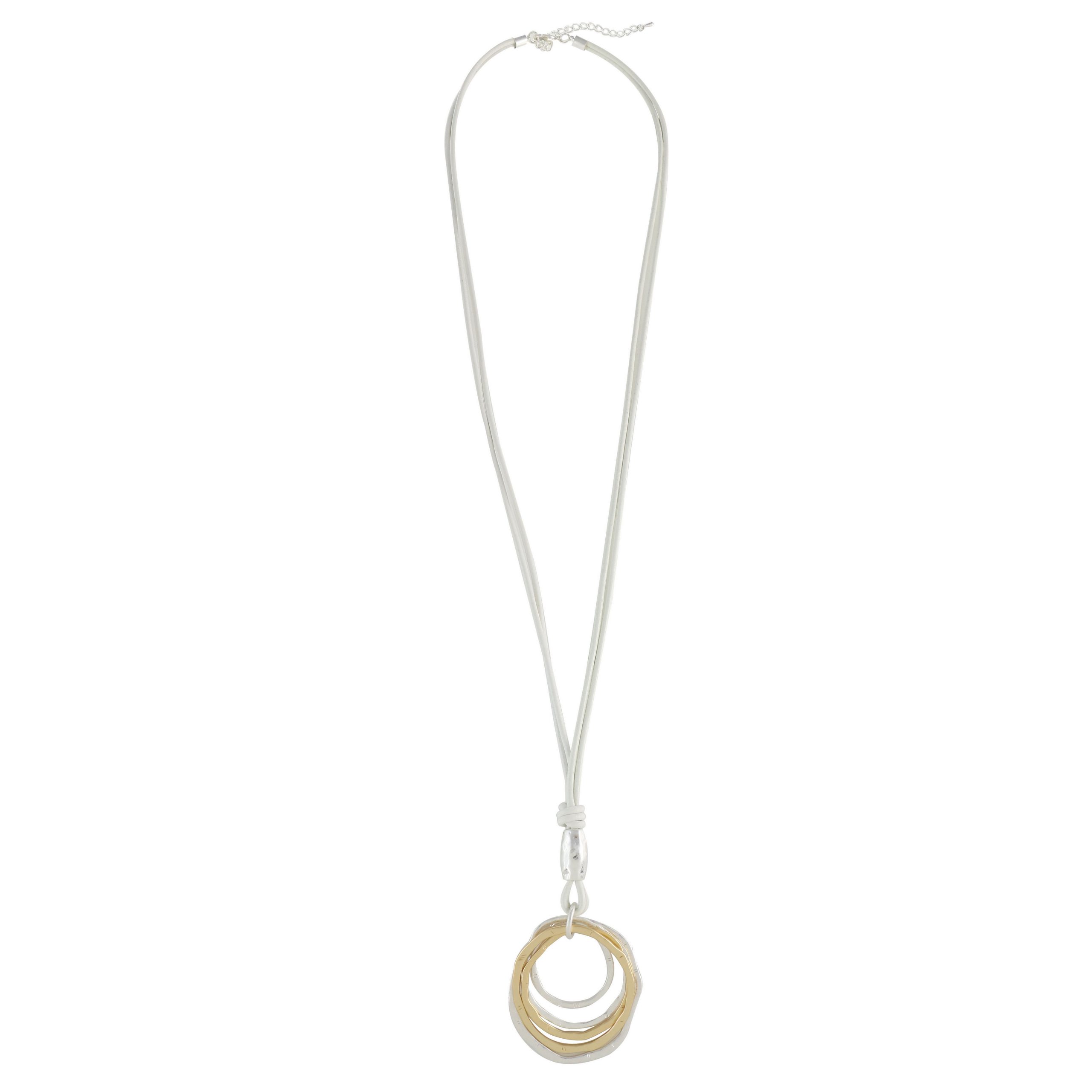
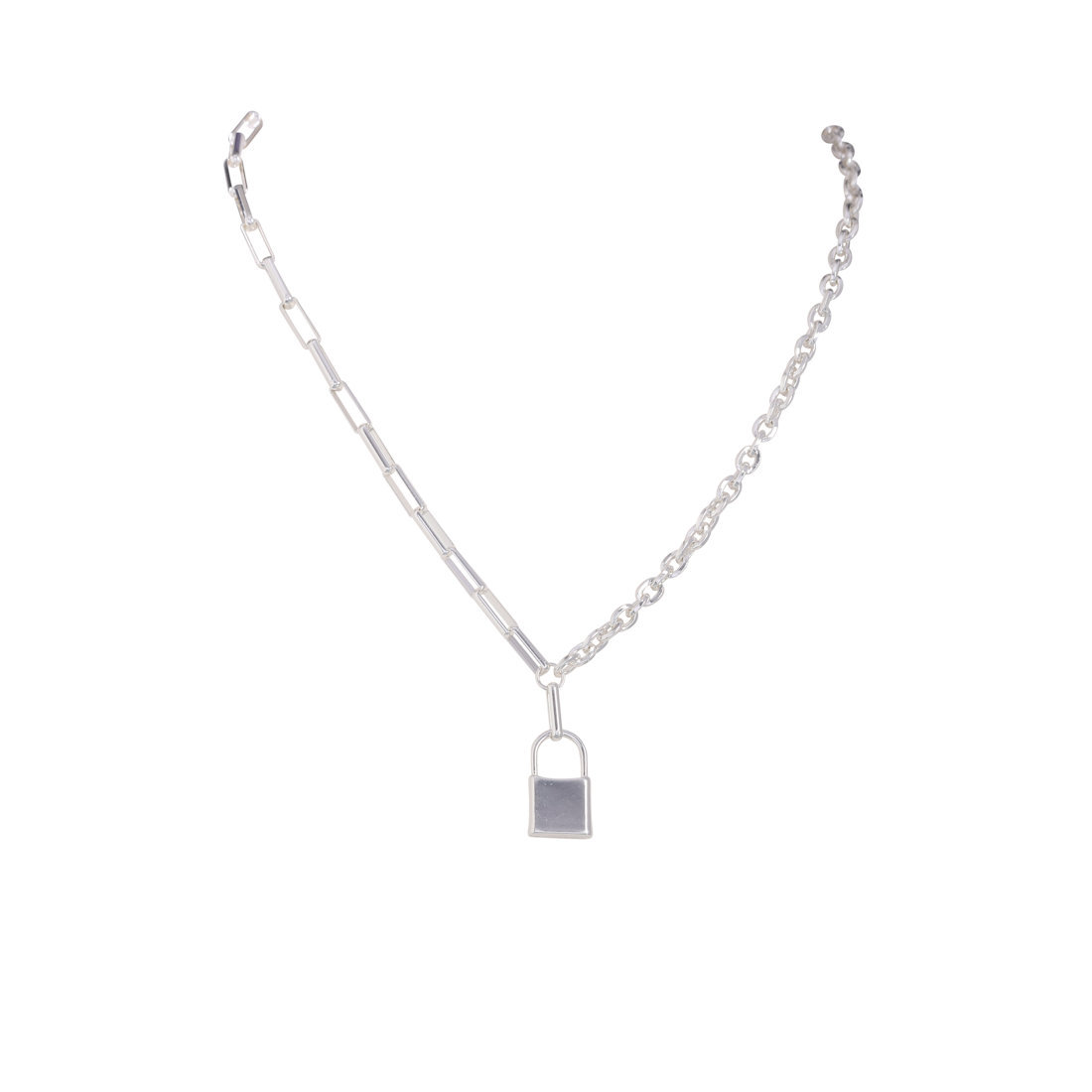

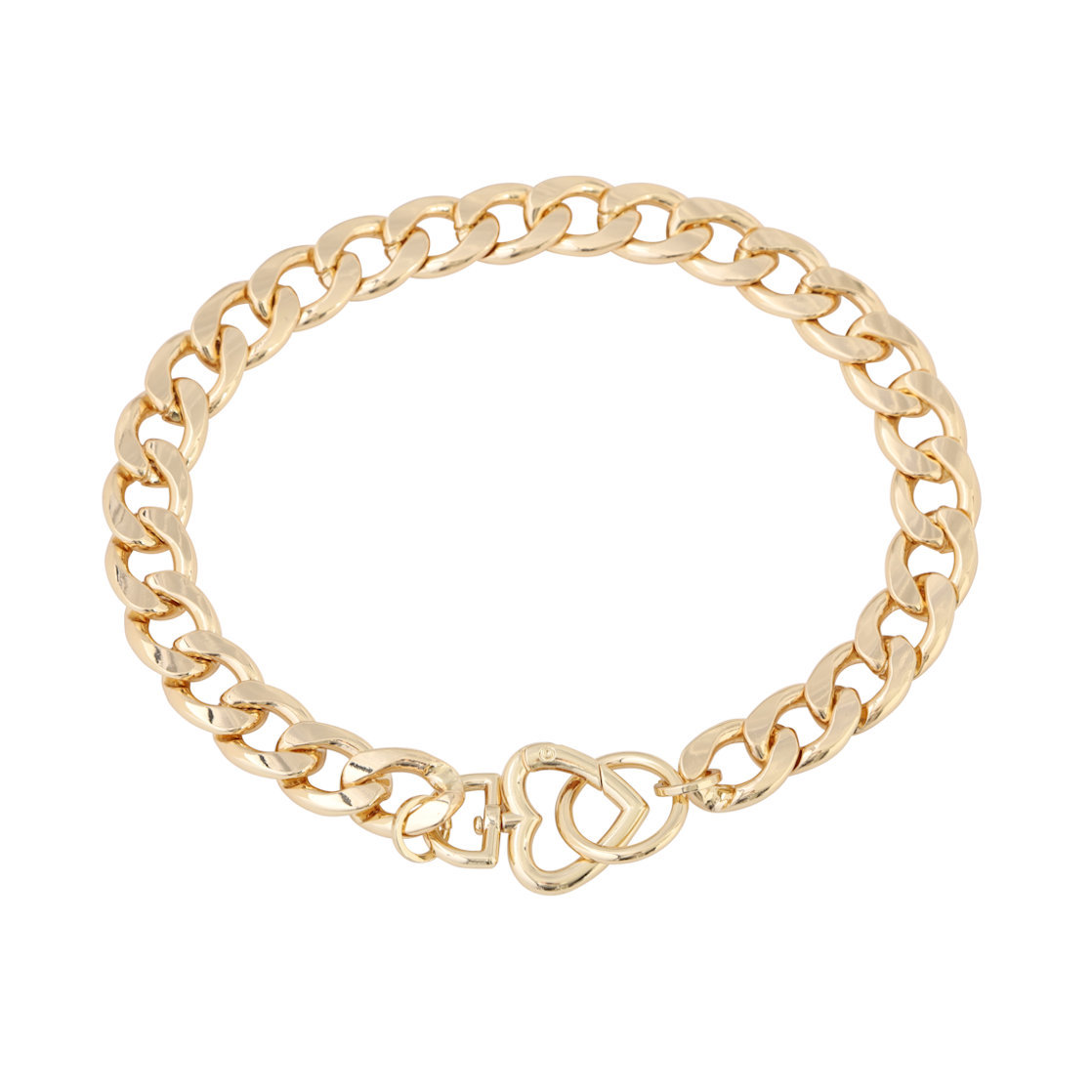

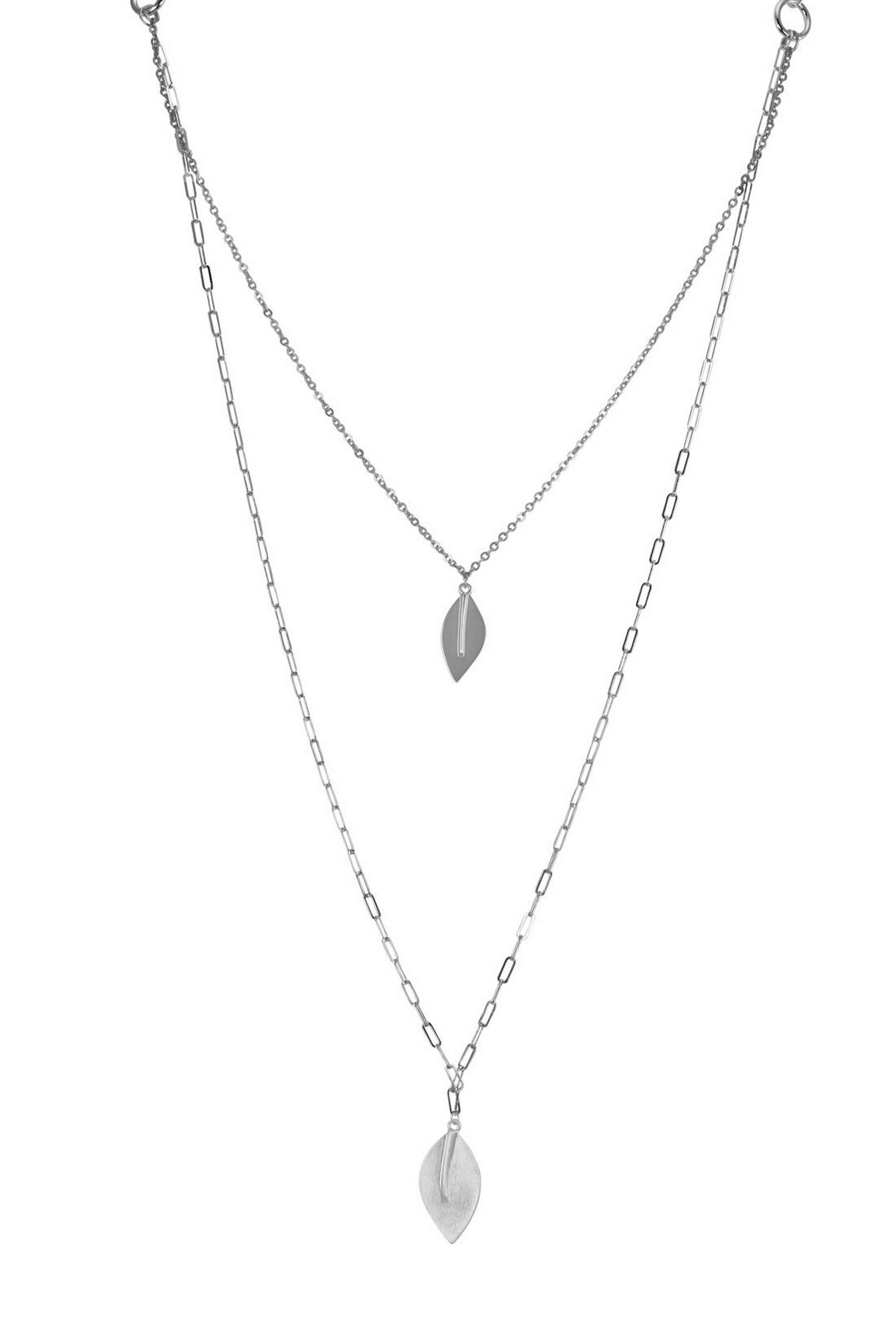
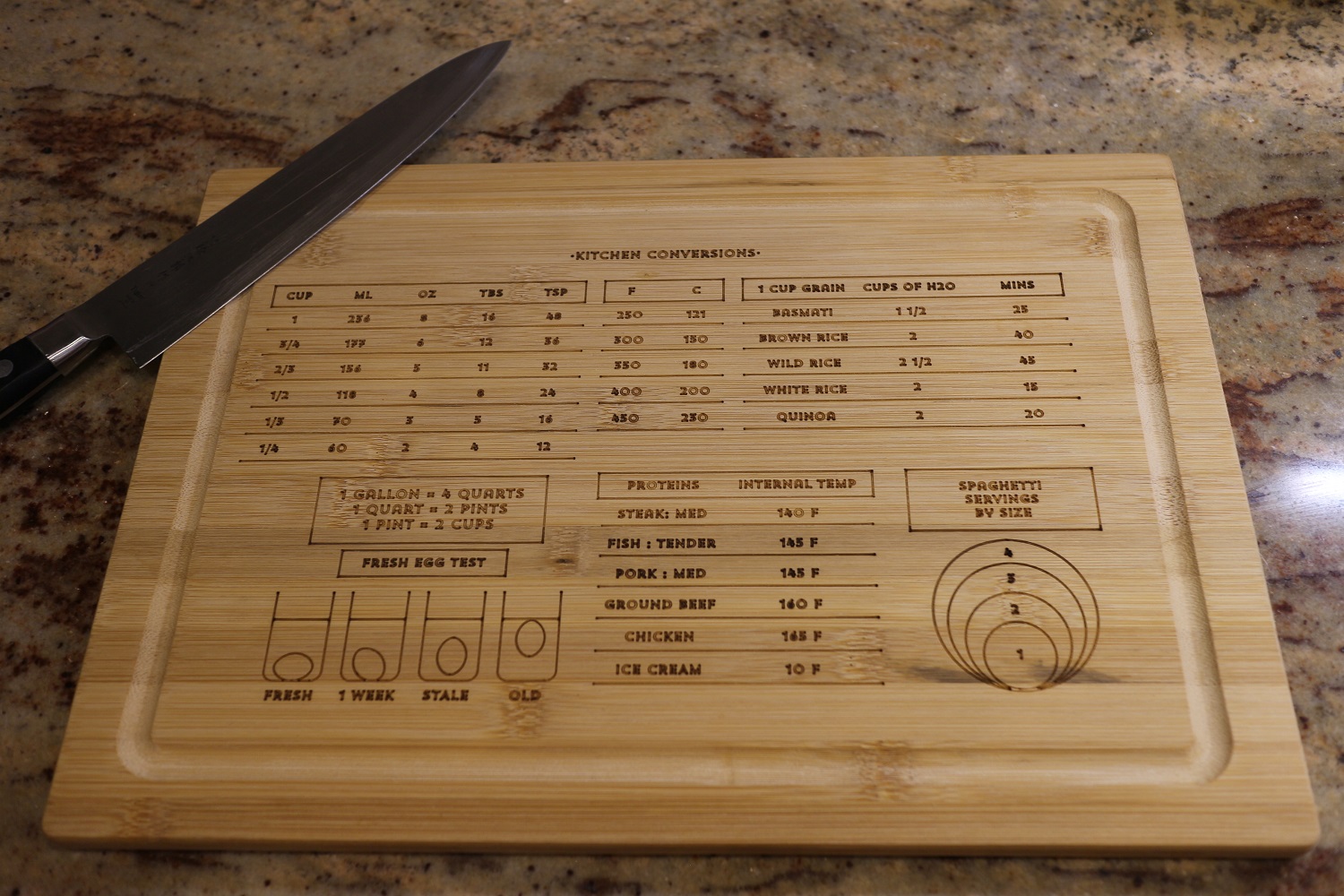


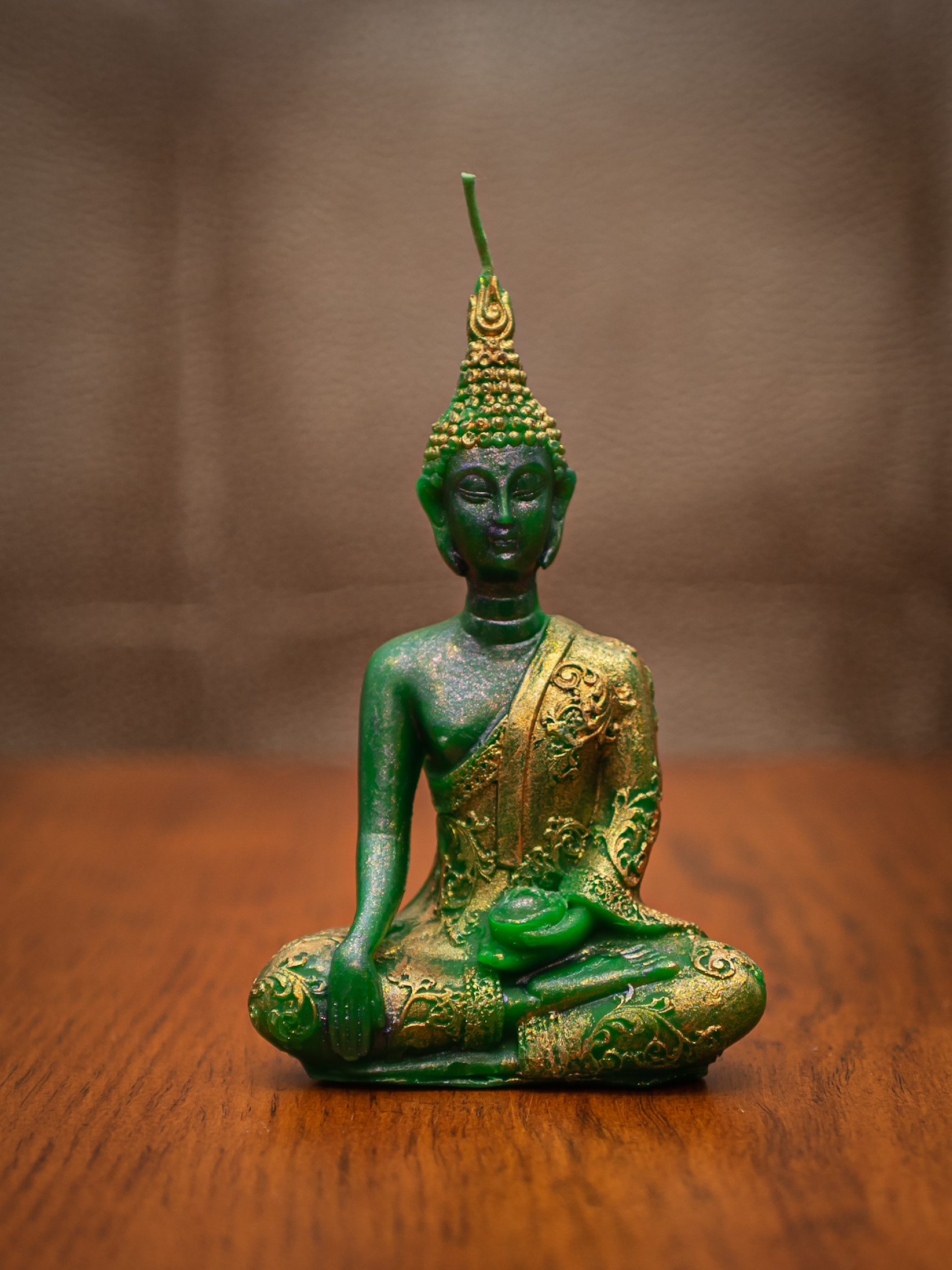


This story shines because it shows how everyday chats and new friendships can inspire creativity. It reminds us that inspiration isn’t just in big events but in regular conversations and connections.